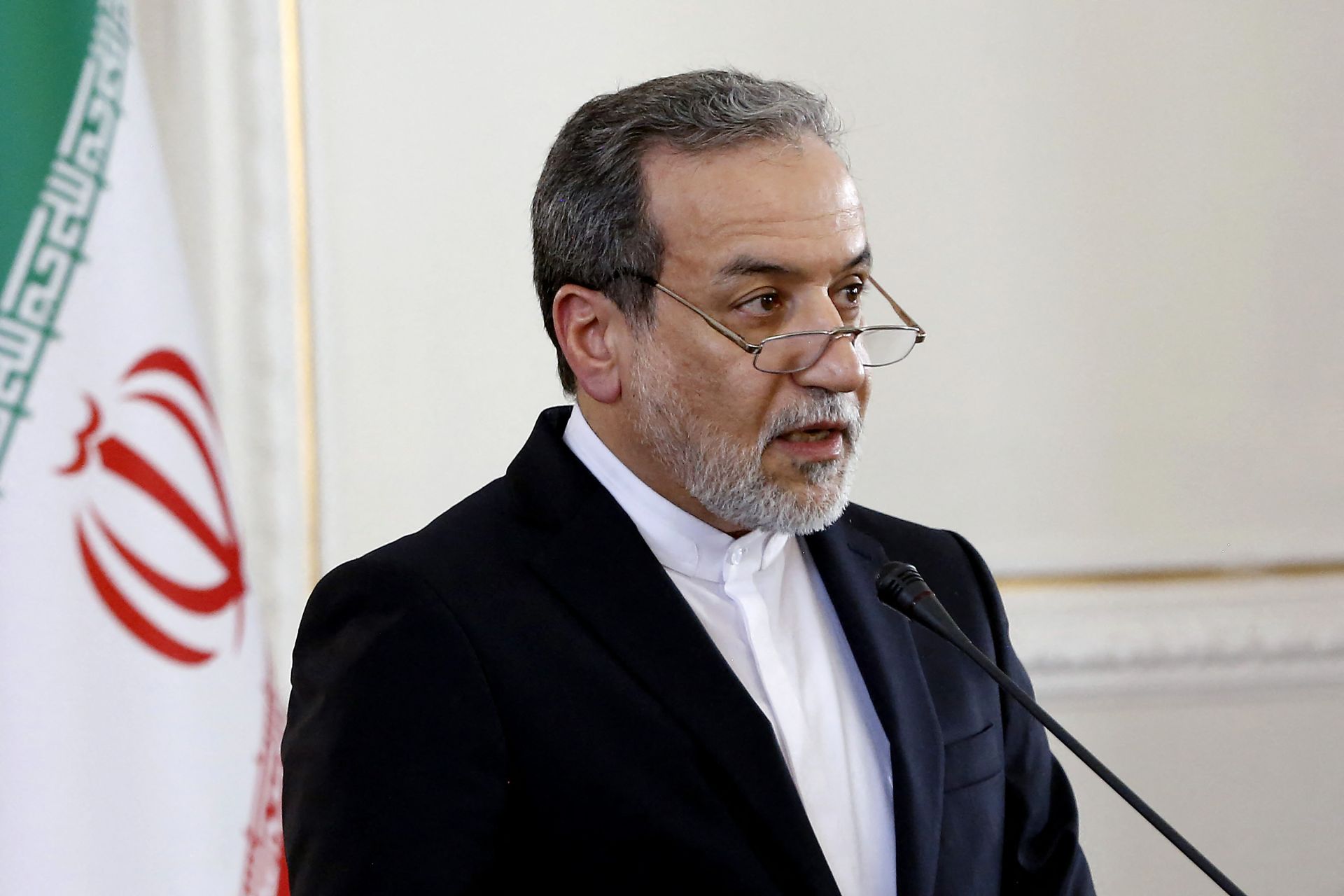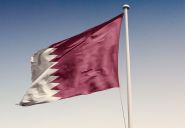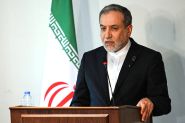- Home
- Middle East
- Iran Says Western Resolution Will ‘Weaken’ Interaction With IAEA

Iranian Foreign Minister Abbas Araghchi speaks during a joint press conference with his Syrian counterpart (not pictured) in Tehran, on November 19, 2024. ©AFP
A resolution tabled by Western countries to censure Iran's nuclear program at the International Atomic Energy Agency "will weaken and disrupt" interactions between the UN body and Tehran, it warned ahead of the vote on Thursday.
Paris, Berlin, London and Washington have formally submitted a text condemning Iran for alleged lack of cooperation with the agency and its nuclear observers.
A formal vote is scheduled for later on Thursday at the UN nuclear watchdog's board of governors meeting at its Vienna headquarters.
The tabling of the resolution comes a week after a visit to Iran by the head of the IAEA, Rafael Grossi.
"This inappropriate action of the three European countries to issue a resolution against Iran will only weaken and disrupt interactive processes between the agency and Iran," Iranian Foreign Minister Abbas Araghchi said in a statement carried by the foreign ministry.
To illustrate this idea, the reformist newspaper Sazandegi puts on its front page a photomontage of Araghchi and Grossi with their backs turned to one another.
The Iranian deputy foreign minister for legal and international affairs Kazem Gharibabadi said on X on Wednesday that the three European countries were using the IAEA as a "political tool."
According to the final version of the text seen by AFP, Western powers are asking for a "comprehensive report" to be issued by Grossi "at the latest" by spring 2025.
The report also demands "credible technical answers" for the presence of unexplained uranium traces found at two undeclared sites.
Araghachi warned earlier that Iran "will respond in a proportionate and appropriate manner," if the resolution passed.
The foreign minister was Iran's chief nuclear negotiator when it secured a landmark 2015 agreement to limit Iran's nuclear programme in exchange for the lifting of sanctions.
Western countries have accused Iran of seeking nuclear weapons, which Tehran fiercely denies.
In 2018, Donald Trump, then president of the United States, unilaterally withdrew his country from the agreement -- with which Tehran was complying, according to the IAEA -- and reimposed heavy sanctions.
In retaliation, Tehran in 2019, started to roll back some of its commitments under the deal.
Iran then significantly increased its reserves of enriched materials and raised the enrichment threshold to 60 percent, close to the 90 percent level needed to make an atomic weapon. Enrichment levels had been capped at 3.67 percent under the nuclear deal.
With AFP
Read more



Comments